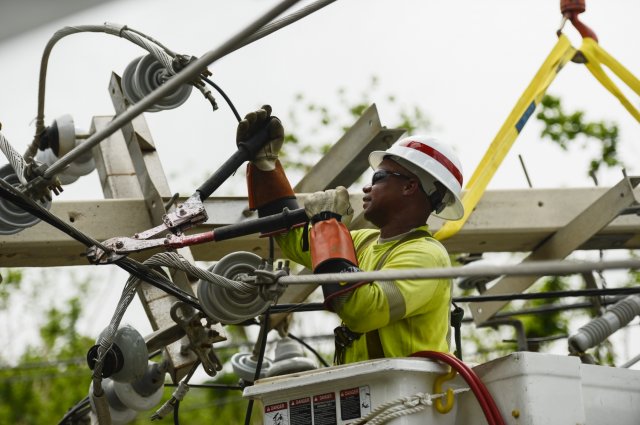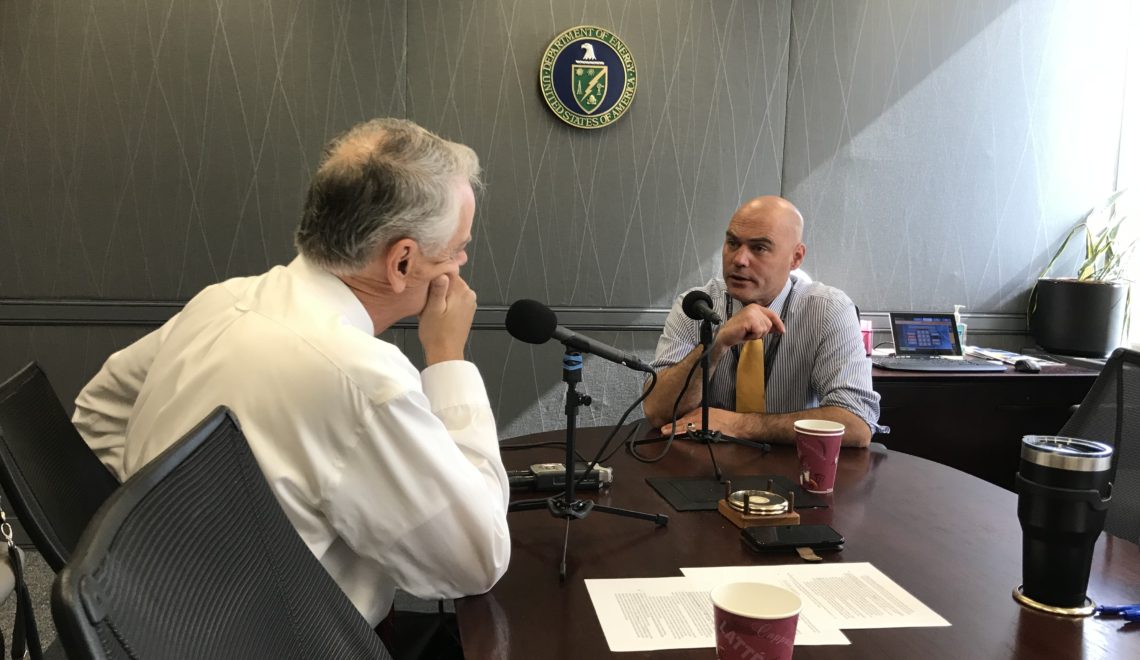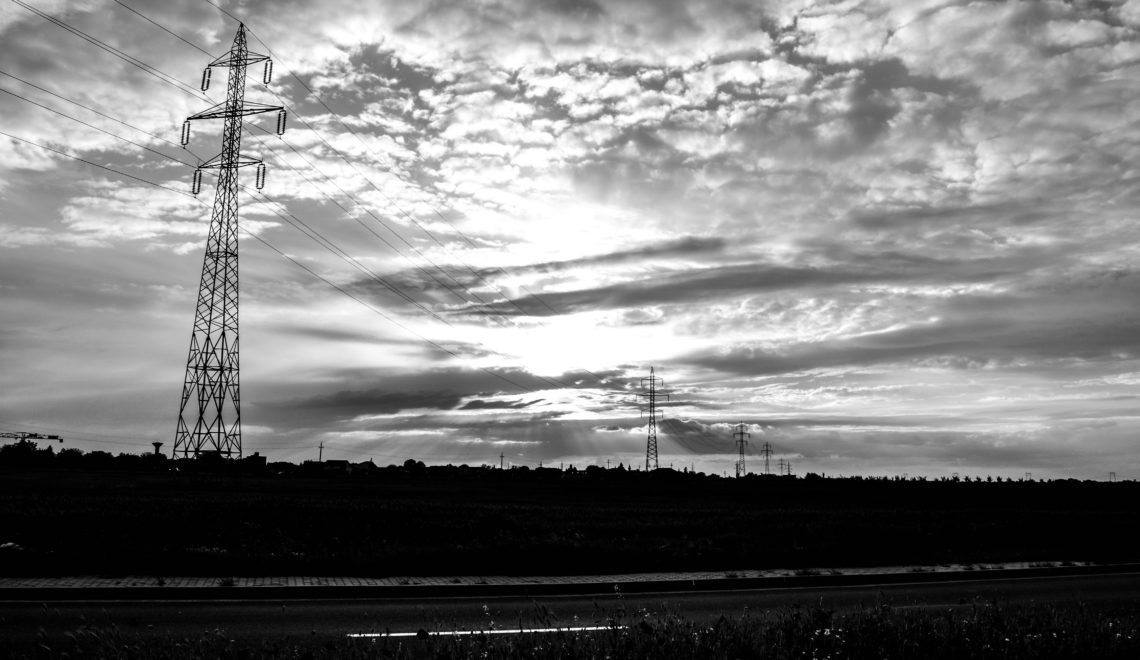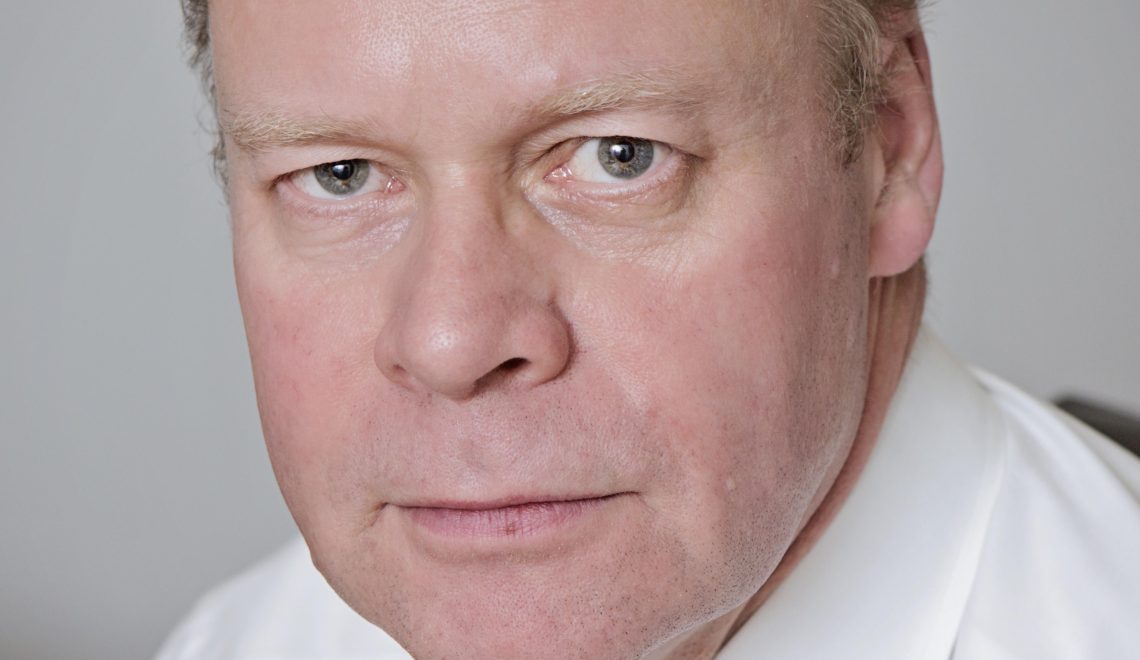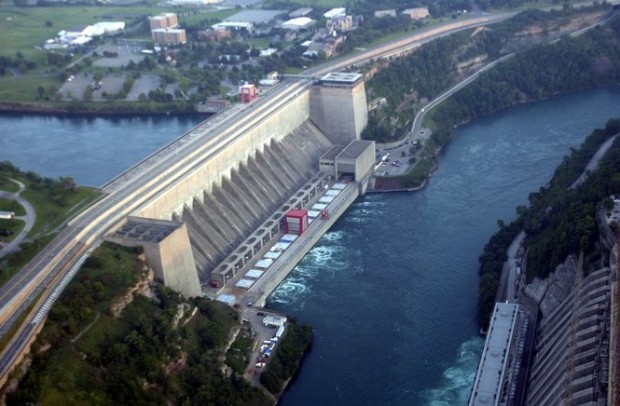Future brightens for Chile as energy leader
Big changes are taking place in Chile when it comes to energy, with a strong push for renewable energy in recent years. And there’s more to come, according to the country’s president, Sebastián Piñera. In this edition of the Columbia Energy Exchange podcast, I sit down with Susana Jiménez, Chile’s energy minister, who’s overseeing her government’s plan to change significantly the way the nation produces and uses energy. In the process, she aims to make her nation a model for not only South America but also the world. The fifth largest consumer of energy in South America, Chile is only a minor producer of fossil fuels and therefore has relied heavily on energy imports That’s changing, however, as Chile looks increasingly to solar, wind and other forms of renewable energy. In fact, renewable energy now accounts for about 18% of…
Continue reading

